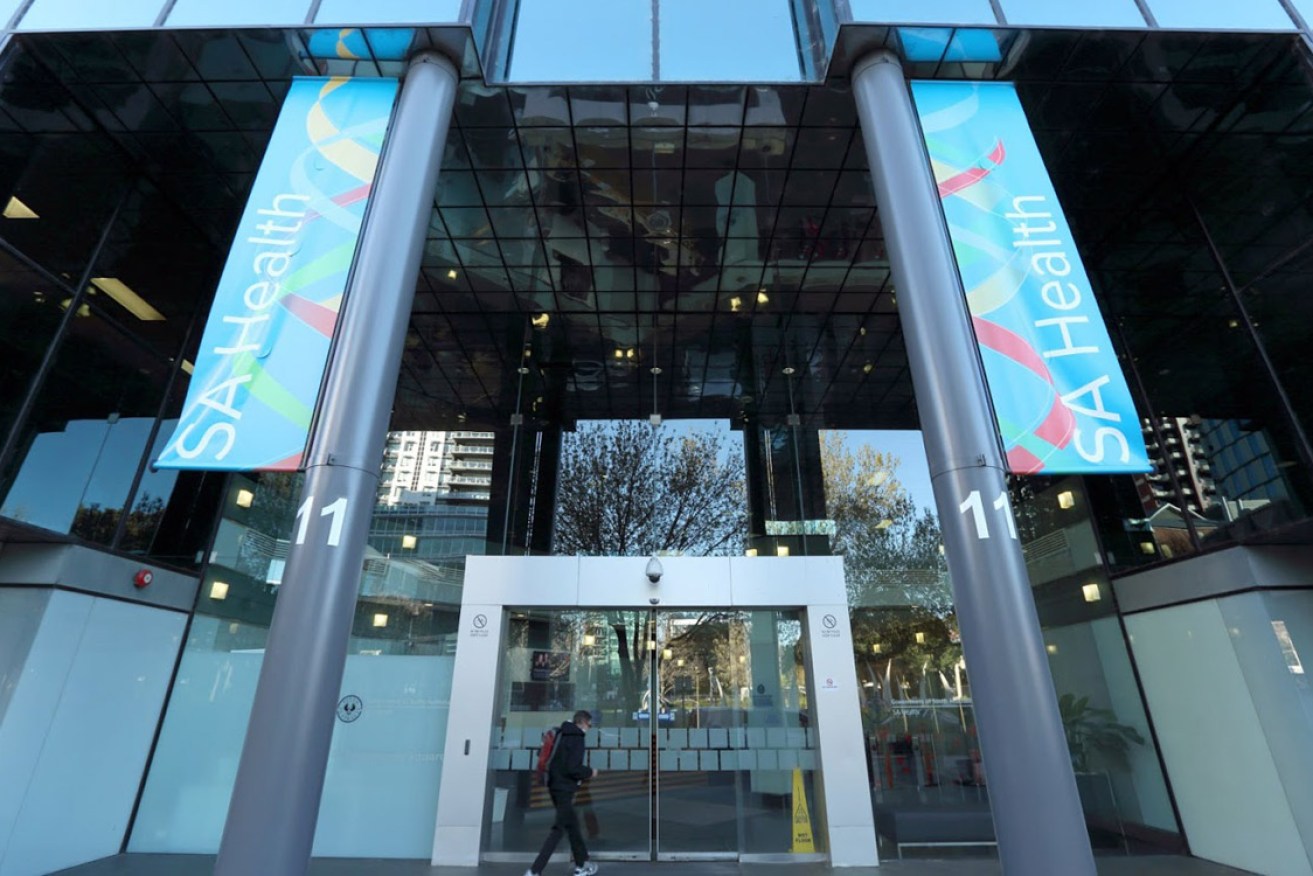Flinders next to receive controversial e-health system
SA Health is eyeing Flinders Medical Centre as the next destination for its controversial EPAS electronic health records system, InDaily can reveal.


Photo: Tony Lewis / InDaily
Health Minister Jack Snelling reportedly told Budget estimates in July that the Lyell McEwin Hospital and Flinders would be in line to receive the system.
InDaily can now reveal the “discovery” process to scope the benefits and disadvantages of launching the Enterprise Patient Administration System (EPAS) at Flinders is planned to begin on Monday.
The $422 million e-health records system has had a chequered history, dogged by repeated claims it slows down emergency care, threatens patient safety, hampers coronial inquiries and blows out waiting lists. It has also been claimed the health department has declined to use relatively cheap alternatives, fixes and add-ons since it was first introduced at the Noarlunga Hospital in 2014.
But the department has begun to win over some of its internal critics after the rollout of EPAS in July at the Queen Elizabeth Hospital (QEH), where, despite claims of ongoing serious problems, the software has been better received than was expected.
SA Health insiders told InDaily fewer complaints have been made about EPAS at the QEH than in previous site rollouts, and lessons have been learnt from failures and bugs that plagued earlier launches.
But claims of serious flaws in the system remain.
One clinician, who spoke to InDaily on condition of anonymity, said EPAS had caused delays in administering medication at the QEH.
“It’s very, very difficult to use, it’s very, very slow and it can threaten patient safety,” the clinician said.
“If someone needs to have medication they need to [prescribe it using] EPAS.
“Patients could die sitting on the table waiting for those meds to be ordered and distributed.”
The Government previously “paused” the rollout of the system to other hospitals until implementation at the new Royal Adelaide Hospital, but there is still uncertainty about when this will open as SA Health works through the builder’s “cure plan” for problems with the construction.
Another SA Health insider, an IT professional who also spoke on condition of anonymity, told InDaily there had been relatively few complaints about the system since it was launched at the QEH, and that launching EPAS at Flinders was a good plan, since the opening date for the new Royal Adelaide Hospital remained unknown.
She said it also made sense to install the system, as medical professionals from Noarlunga Hospital and the Repatriation General Hospital were due to be transferred to Flinders under the Transforming Health hospital reform program and had been working with EPAS at those sites.
She said extending the system to Flinders would allow for the use of electronic medical records across the southern Adelaide region.
South Australian Salaried Medical Officers Association (SASMOA) industrial officer Bernadette Mulholland said doctors had complained surgery had slowed by up to 50 per cent at the QEH since EPAS arrived earlier this year.
“There’s been a slowdown in surgical procedures – the process to get into surgery takes longer,” the union official said.
“What used to take five minutes now takes 20 minutes.”
However, doctors have not asked the union to take any action. “We won’t intervene in the matter unless our medical officers ask us to,” said Mulholland.
SA Health deputy chief executive Don Frater conceded there had been some issues with the rollout of EPAS at the QEH.
“We’re still having intermittent slowdowns in terms of flicking from page to page,” Frater told InDaily.
However, he said: “We’ve learnt from past issues … in terms of ensuring that we’ve adequately supported staff, making sure that there’s confidence from the staff that we are listening to their issues and dealing with their concerns, [and] looking at how we can do better.”
He said he was not aware of claims surgery at the QEH had slowed since the introduction of EPAS, or claims relating to the administration of medication, but that some slowing of service was to be expected when staff were getting used to new technology.
“Any major change is going to result in a reduction in efficiency until everyone is up to speed,” he said.
“If you don’t see concern, if you don’t see people making all sorts of claims, then I don’t think we’d be seeing the cultural change that is required to implement EPAS.”
He said Flinders Medical Centre would see an influx of staff from the Repat and Noarlunga that would need to use EPAS, and sending the system there was a rational choice while the opening date of the new Royal Adelaide Hospital remained unclear.
“The builder has provided us with a cure plan and we are working through that,” said Frater.
“The Southern Adelaide Local Health Network already has two sites on EPAS.
“We see staff moving from the Repat and Noarlunga. We want to help those staff not go back to paper.”
Frater said the ‘discovery’ process would take about six weeks to complete.
Health Minister Jack Snelling reportedly said last month that it was “no secret that we expect that over the next 10 years we will have to go back to budget for supplementary funding [for EPAS]”.
“We do not think we are going to be able to do it within the $421 million envelope that has been provided.”
However, Frater insisted: “We believe we have sufficient funding to roll out EPAS across all the city sites,” conceding that SA Health may have to ask for further funding to launch it in some “country” areas.




